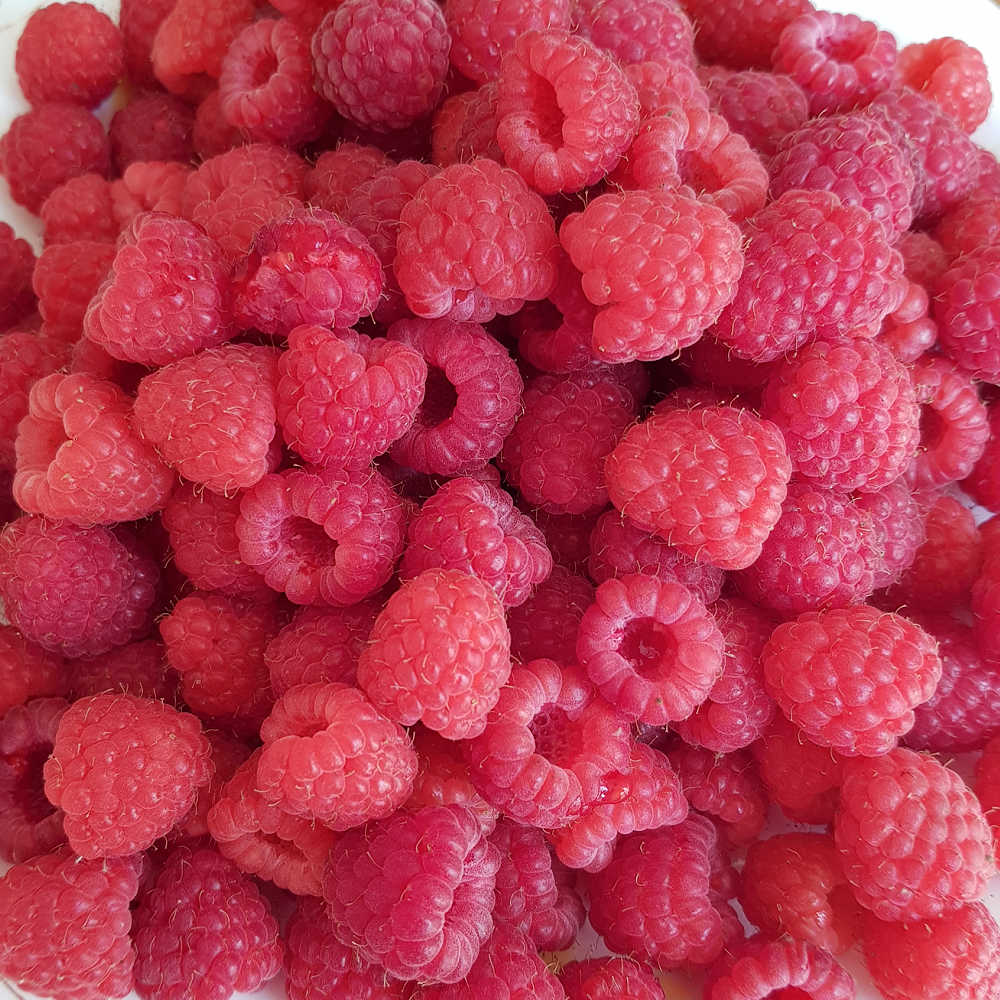
Raspberries deliver bumper summer berry harvests from just a few canes in a small garden and are easy for new gardeners to grow.
They are also a super useful addition to a fruit & vegetable garden as they will grow happily against a shady fence or wall and can be grown in pots and containers.
In this post I’m sharing everything I have learned from growing raspberries for 10 years in a small London garden including :
- How many raspberry canes to plant
- How much space raspberries need
- Best raspberry companion plants
- Harvesting & storing raspberries
- Pruning raspberries for maximum fruit yield in a small space.
I do hope these step-by-step raspberry growing tips help you grow your own. If you have any questions please shout.
Table of Contents
1. Growing Raspberries In A Small Space Or Garden
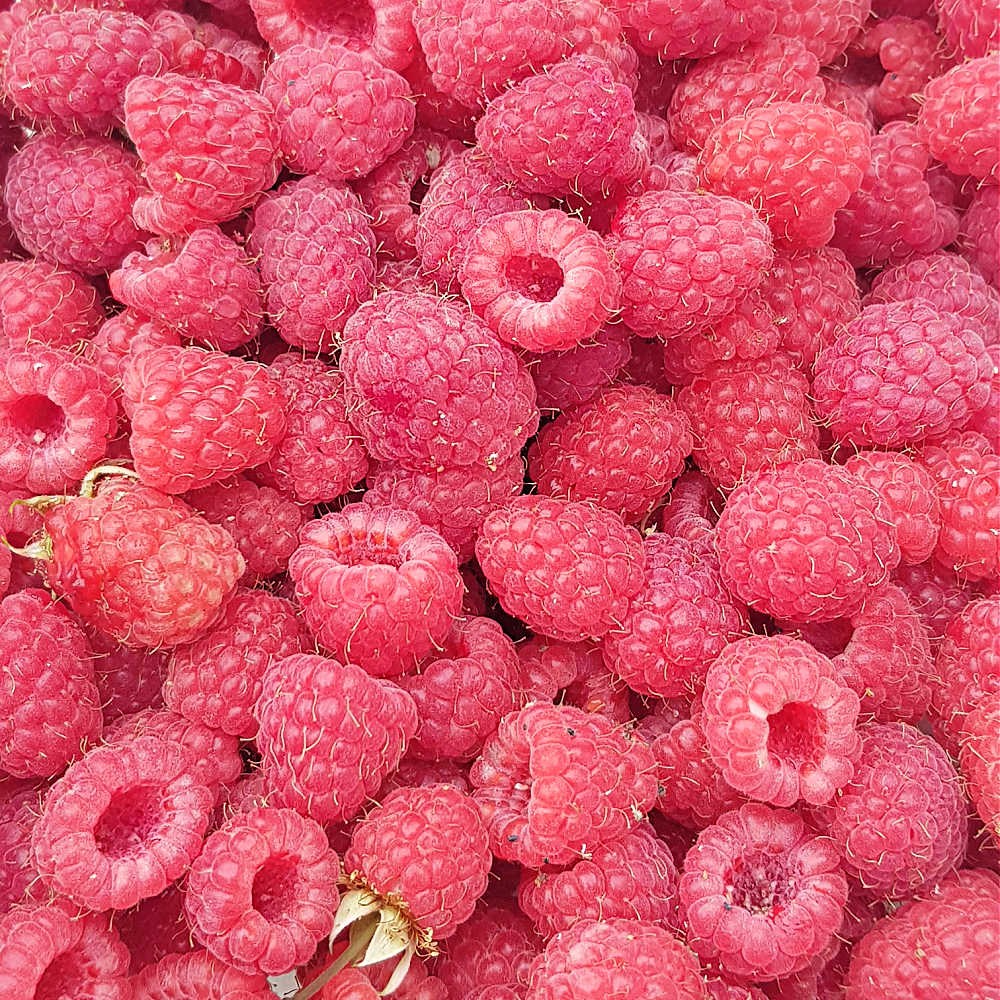
To plan your raspberry planting we need first to look at these questions :
- How many raspberry canes do I need for a good harvest?
- How much space raspberries need?
- What are high yielding varieties?
- Are autumn fruiting canes worth it?
- Where to plant raspberry canes?
- How to train raspberries?
Jump on to grow raspberries in pots.
How Many Raspberry Canes Do I Need For A Good Harvest?
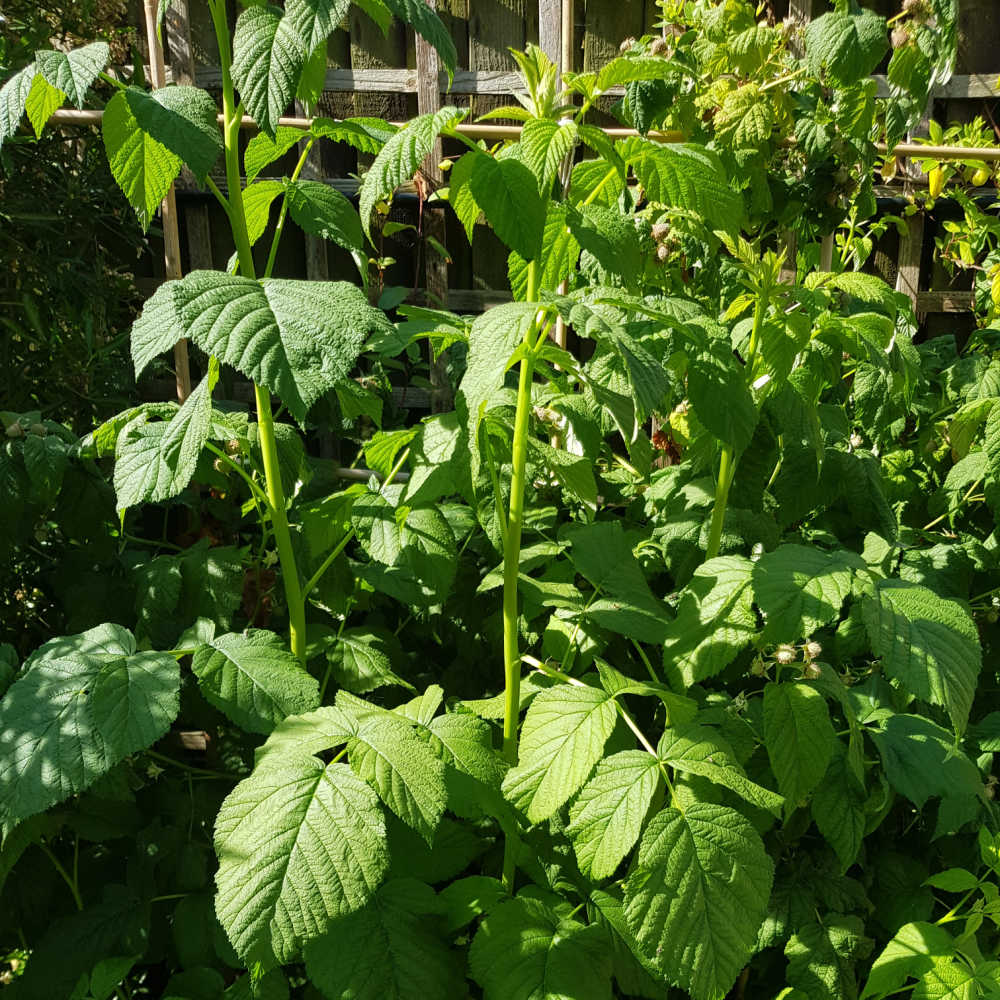
The basic guide to working out how many raspberry canes to grow is :
- 2-3 raspberry canes for couple.
- 5-6 canes for a small family.
- Each cane gives up to 2lb / 900g.
- Or roughly 6 small punnets of fruit.
- Well spaced high yielding varieties fruit more than crammed in canes.
- Extend your fruiting season with a mix of raspberry varieties including types that fruit in August.
- Some raspberry canes can double crop each year with clever pruning.
How Much Space Do Raspberry Canes Need?
Raspberry canes will grow in a small space but need fresh air to thrive :
- Space canes 1 ft / 30cm apart.
- Each row of canes needs 1 ft / 30cm of space from front to back including space to stake tall canes.
- Canes can grow as high as 2.5m
- Raspberry canes can be grown very close to a fence or wall.
- But give a bit of breathing space rather than growing up the wall.
- Raspberry bushes can grow in pots.
What Are High Yielding Raspberry Varieties?
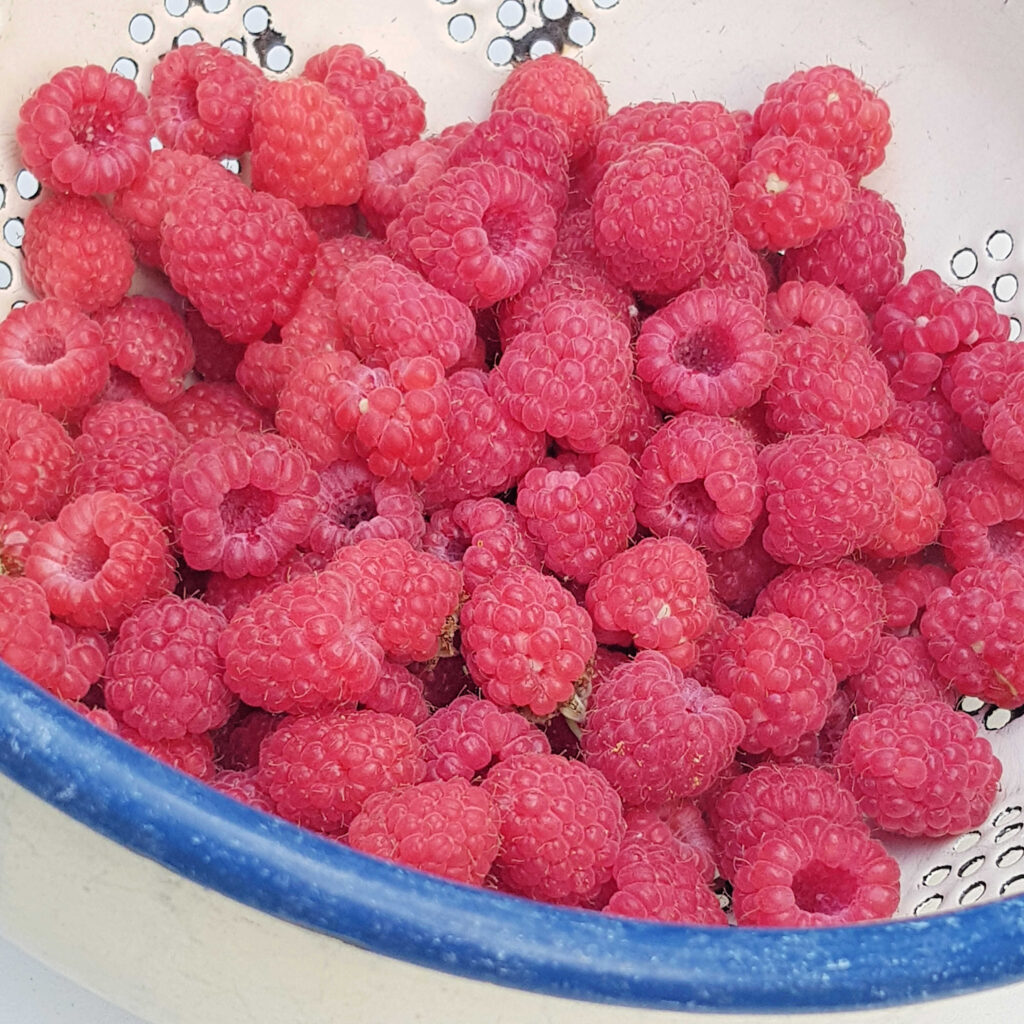
The highest yielding raspberry varieties vary by climate.
- High yield US raspberries include :
- Boyne
- Cascade Delight
- Killarney
- Royalty
- High yield UK raspberries include :
- The Scottish Crop Institute and East Malling Institute are specialist UK raspberry breeders and good sources of information.
Autumn Fruiting Raspberries
Some raspberry types fruit in fall :
- Autumn fruiting raspberries crop in late August through September.
- Plants are smaller and yield less.
- Double cropping autumn varieties increases yield but involves tricky pruning for beginners.
- In a small space by a shady fence you will probably get better autumn yields from blackberries.
Where Are The Best Places To Plant Raspberry Canes?
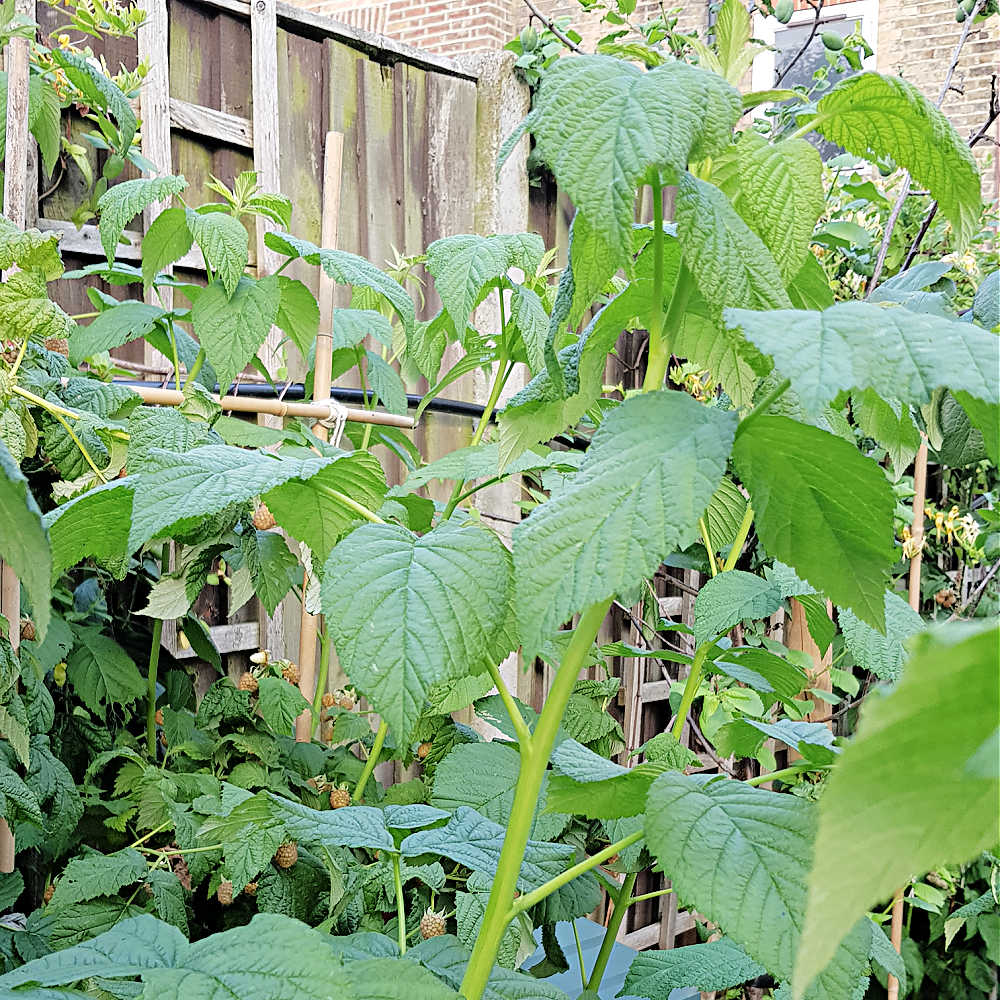
Raspberries are useful in a small garden as they will grow happily where other food will struggle :
- Raspberry canes need wind shelter.
- And not too much sun.
- They also have shallow roots so need a spot where top soil won’t dry out quickly in summer.
- So a north-east or even north facing fence or wall is a good spot.
How To Train Raspberries?
Raspberry need sturdy supports to stop their tall thin canes falling over :
- Don’t fret about perfect support, mine are currently tied to makeshift bean pole tripods!
- As a grow your own beginner you can train raspberries with any 6ft canes or posts you can pick up free.
- For a basic support trellis :
- Put 6ft post at ends of row
- Make 3 loops of wire or string round posts at 2ft, 4ft and top
- Train raspberries through loops.
Or if you are handy at DIY you can build a raspberry trellis like this :
We will now look at growing raspberries in pots. Jump ahead to start planting raspberry canes.
2. Growing Raspberries in Pots & Containers
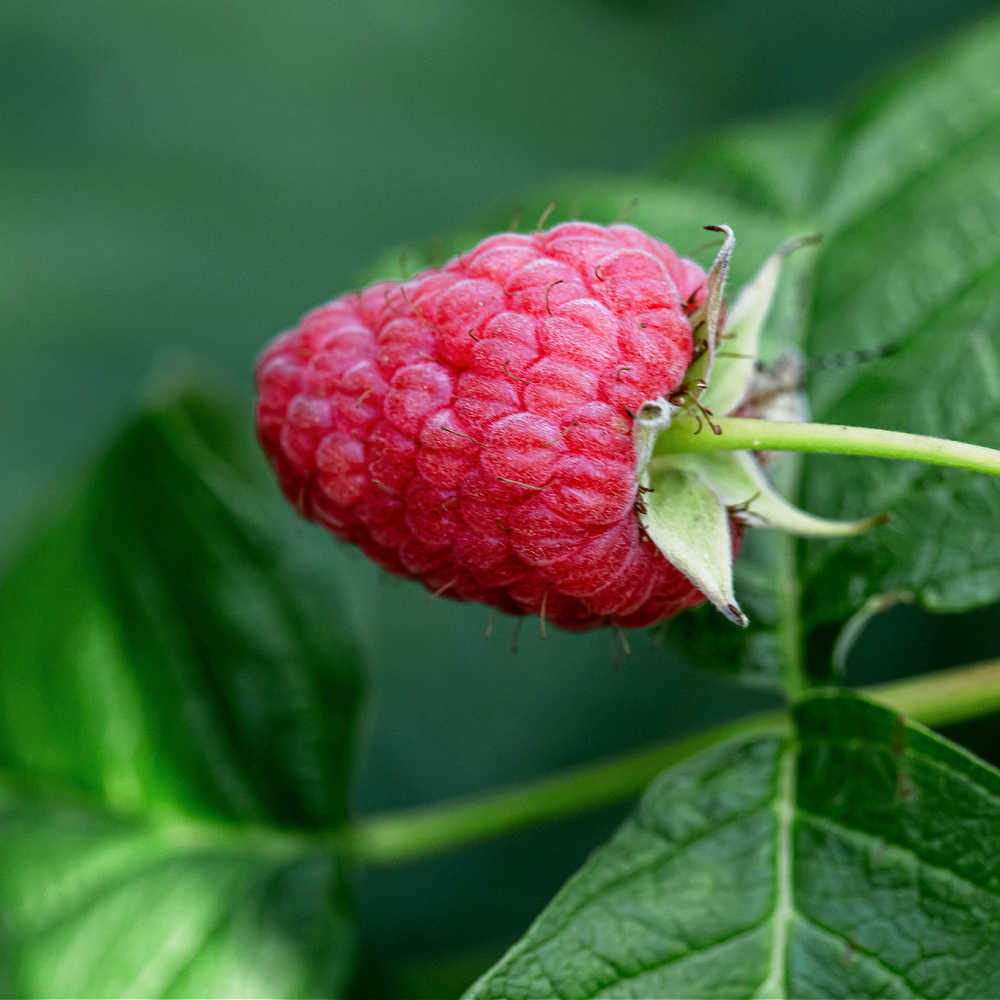
Raspberries will grow in pots & containers in a small space on a patio or balcony :
- But canes won’t flourish long term without space for new growth.
- Dwarf bushes are a better choice.
Dwarf Raspberry Bushes
- Varieties like Ruby Beauty only grow to 3ft but branch heavily to give good yields in limited space.
- Other dwarf raspberries include :
- Pots must be > 20 inches wide.
- And must drain well as raspberries do not like water laden soil.
- 1-2 inches of gravel at the bottom of the pot will help drainage.
3. Raspberry Plant Care
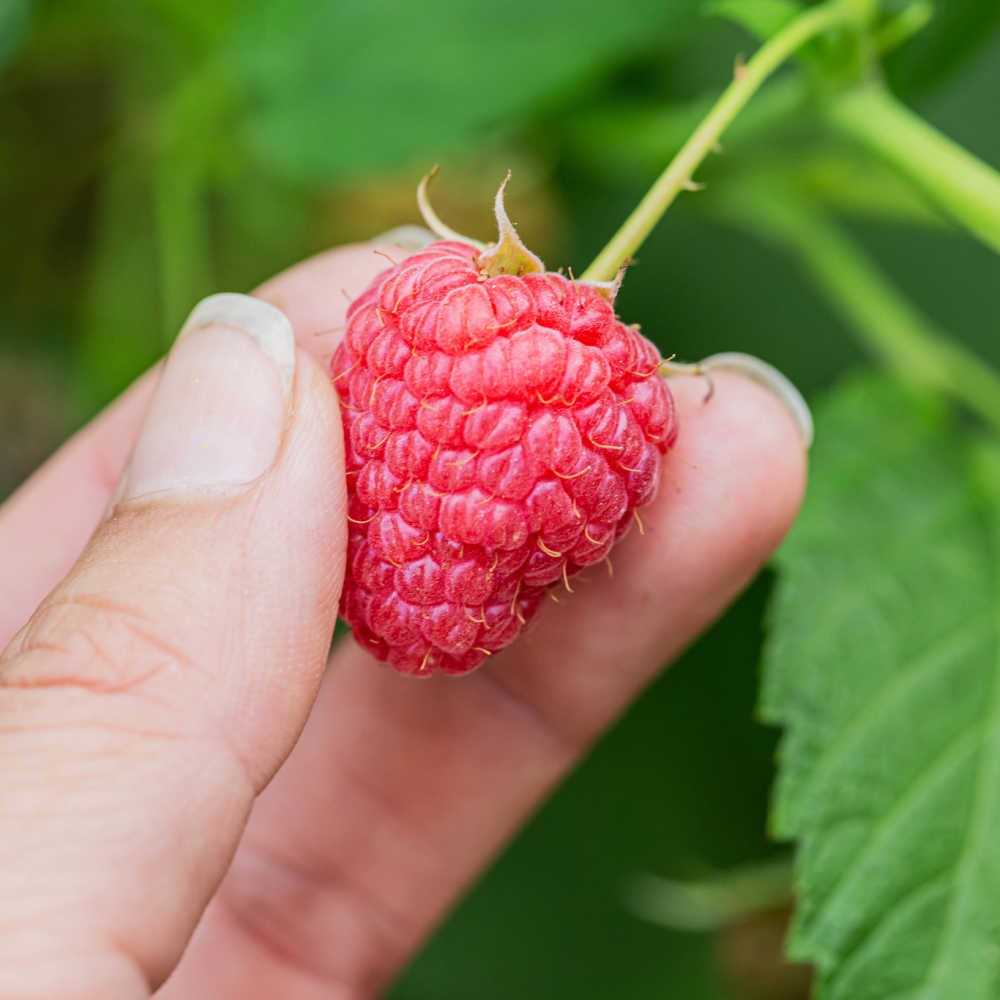
We are now ready to look at specifics of planting & caring for raspberries:
- When to plant raspberries?
- What soil do raspberries like?
- How to plant raspberries
- How to water raspberries
- How to feed raspberry plants
When To Plant Raspberries?
- The best time to plant raspberries is between November and March.
- Pre-Christmas is good as gives canes longer to grow.
- Soil should not be frozen
- Or water logged.
- So a dry not too cold day is ideal.
Best Soil For Raspberries
- Raspberries – unlike blueberries – are not super fussy about soil.
- Experts say raspberries don’t like clay or shallow or chalky soil.
- But I grow raspberries on an old marsh which is London clay with gravel topping PLUS some chalk!!
- So don’t lose sleep over it …
- More important their shallow roots:
- Do NOT like soggy ground
- Or dried out top soil.
- So use raised beds for drainage.
- And plant by a fence to give the base of canes summer shade.
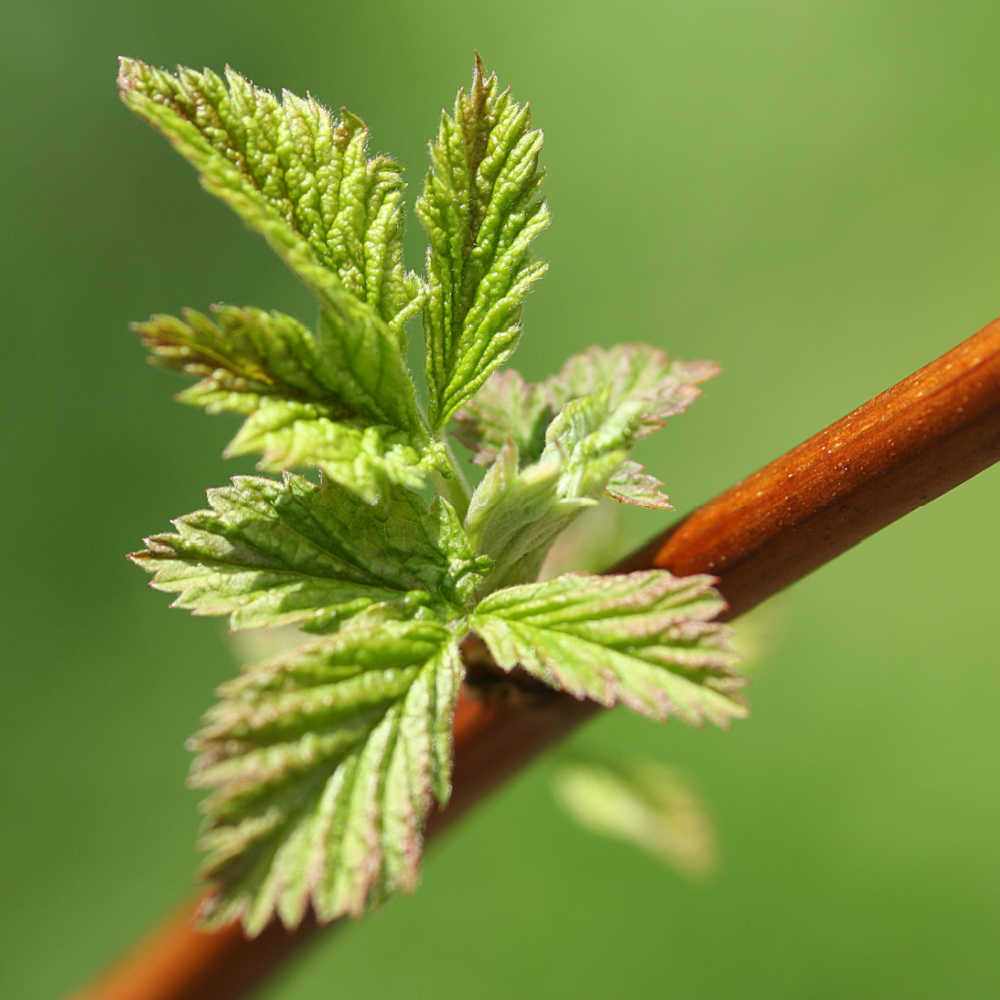
How To Plant Raspberries
- Clear bed of weeds and old roots
- Add compost or phosphorous rich bonemeal to surface of bed.
- Position canes 12-18 inches apart.
- Dig shallow hole 2 in. deep wide enough for roots to spread out.
- Cover roots firmly with soil.
- Tread down soil & water.
- Cut back canes to 10 in. unless you have bought long summer canes.
How to Water Raspberries
- Water little and often in dry spells to keep shallow roots moist.
- Don’t over water.
- Morning watering helps to prevent roots getting soggy overnight.
- A few inches of mulch e.g. straw, wood chips, grass cuttings, leaves will help keep soil moist.
Feeding Raspberry Plants
- Feed raspberries in February with potassium rich feed e.g. sulphate of potash, chicken manure or just well balanced garden compost.
- Don’t over feed especially with nitrogen as causes lots of cane growth but low raspberry yield and may contribute to spur blight.
4. Growing Raspberries From Cuttings
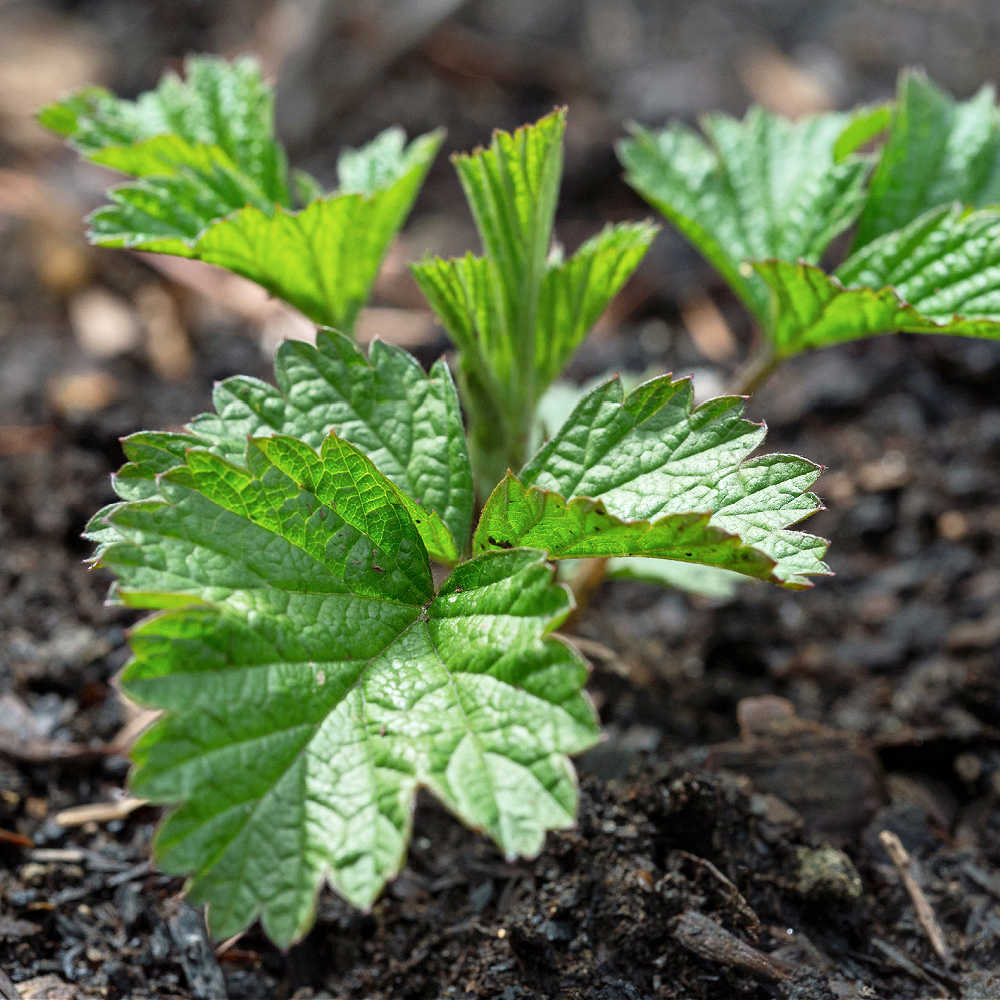
Growing raspberries from cuttings is a cheap way to grow your own and a fun plant life cycle activity for kids :
- Raspberry plants can be grown easily from root cuttings.
- Most raspberry growers will have cheeky new root suckers growing up outside their raspberry bed.
- So do ask raspberry growing friends for these unwanted new canes they will dig up anyway.
- You will want at least 6 inches of root to be cut with your shoot.
- The cutting can be planted as you would bought bare roots above.
- Try to replant at same depth.
- There is always a risk of transferring fungal disease with cuttings but this should not be an issue if your gardening friends have thriving well-spaced canes & high yields.
5. Harvesting Raspberries
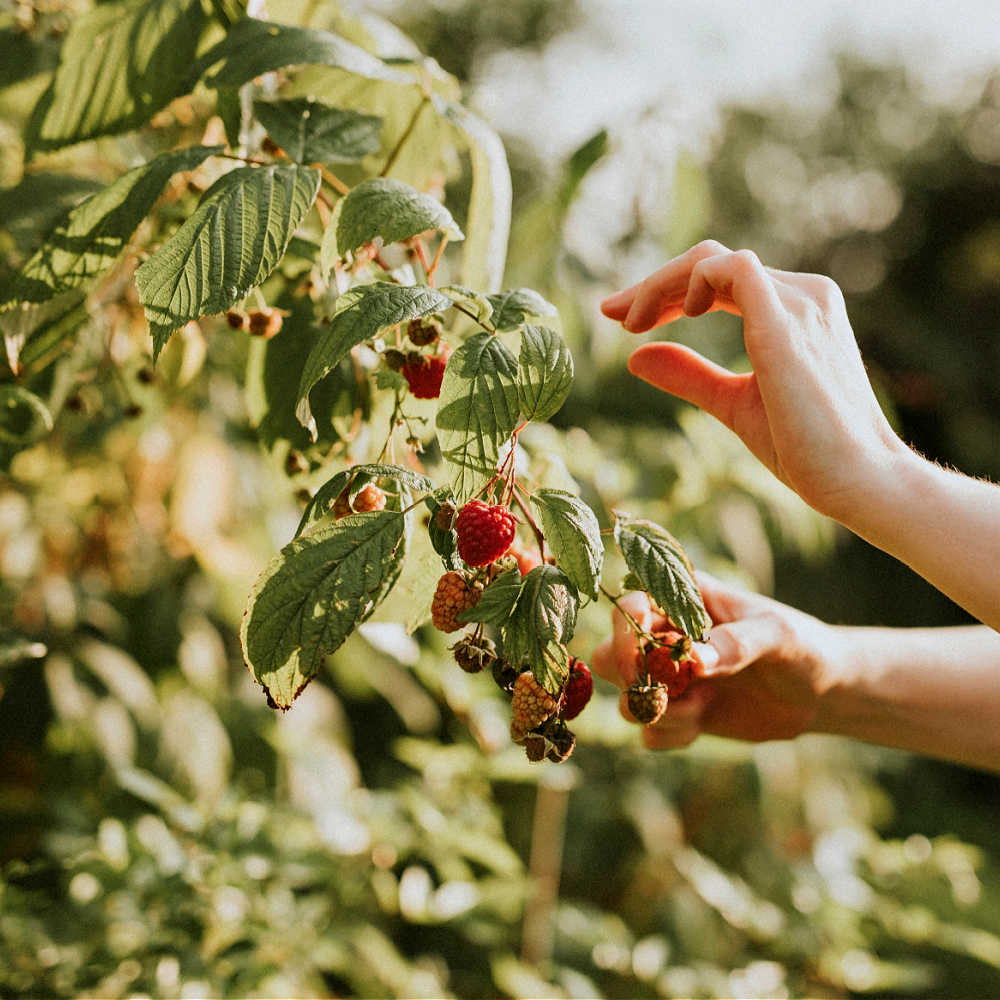
Harvesting raspberries is simple :
- Summer fruiting raspberries are ready to pick from June to August.
- Ripe raspberries are a rich red although colour varies by variety.
- Ripe fruit slip off stems easily.
- Harvest little and often as fruits ripen else you will lose your raspberries to birds and squirrels.
- Pick first thing if you can.
- But not straight after rain.
- Unripe fruit won’t ripen picked.
- Use a wide container for picking as raspberries are delicate & damage easily piled on top of each other.
- Canes will fruit for 3-6 weeks.
- Remove damaged, moulding fruit to control common pests.
6. How To Prune Raspberries
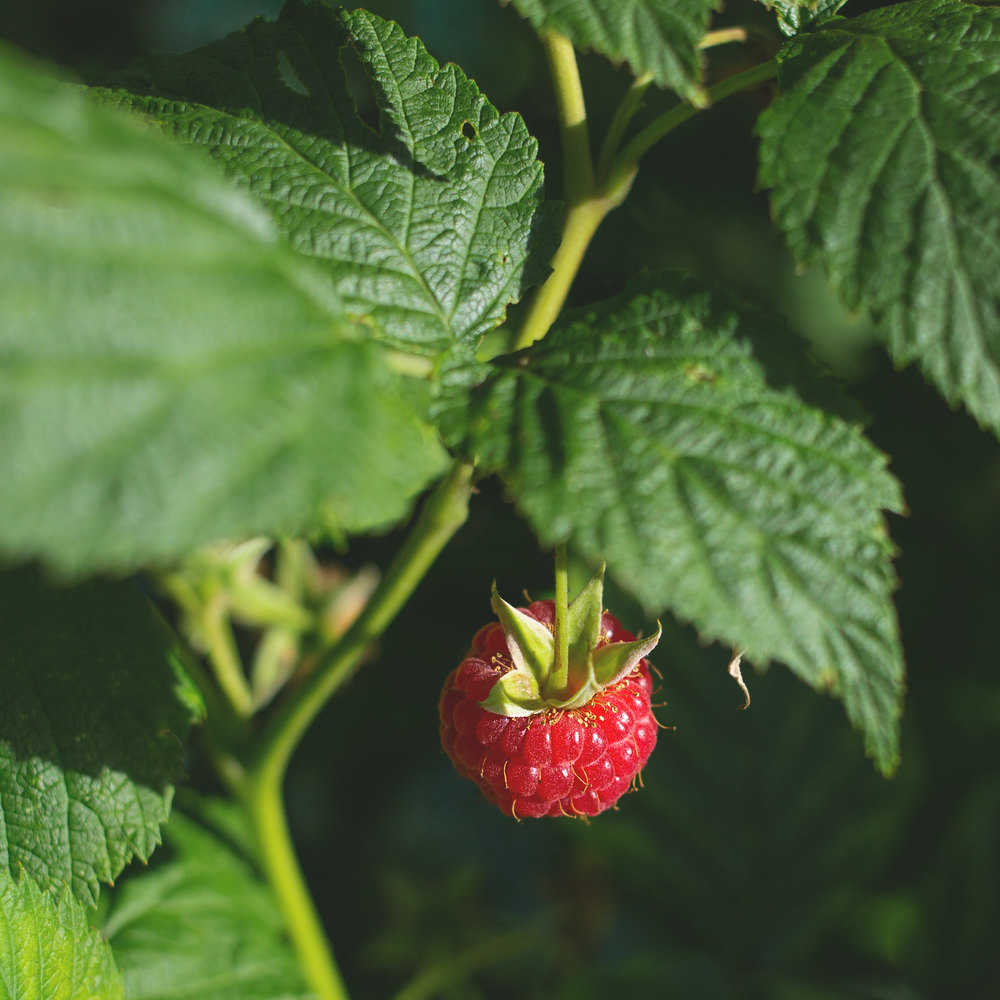
Pruning raspberries is not complex but can initially be confusing. You just need to master these basics :
- New green canes grow each year.
- But these canes only fruit in year 2.
- New canes need tying to supports.
- Old canes need to be cut down at the end of the season after fruiting.
- You can prune old canes right after fruiting, autumn or late winter.
- Prune in dry weather to stop blight.
When you prune old canes, the new canes – just to confuse you – will be brown but the difference is clear :
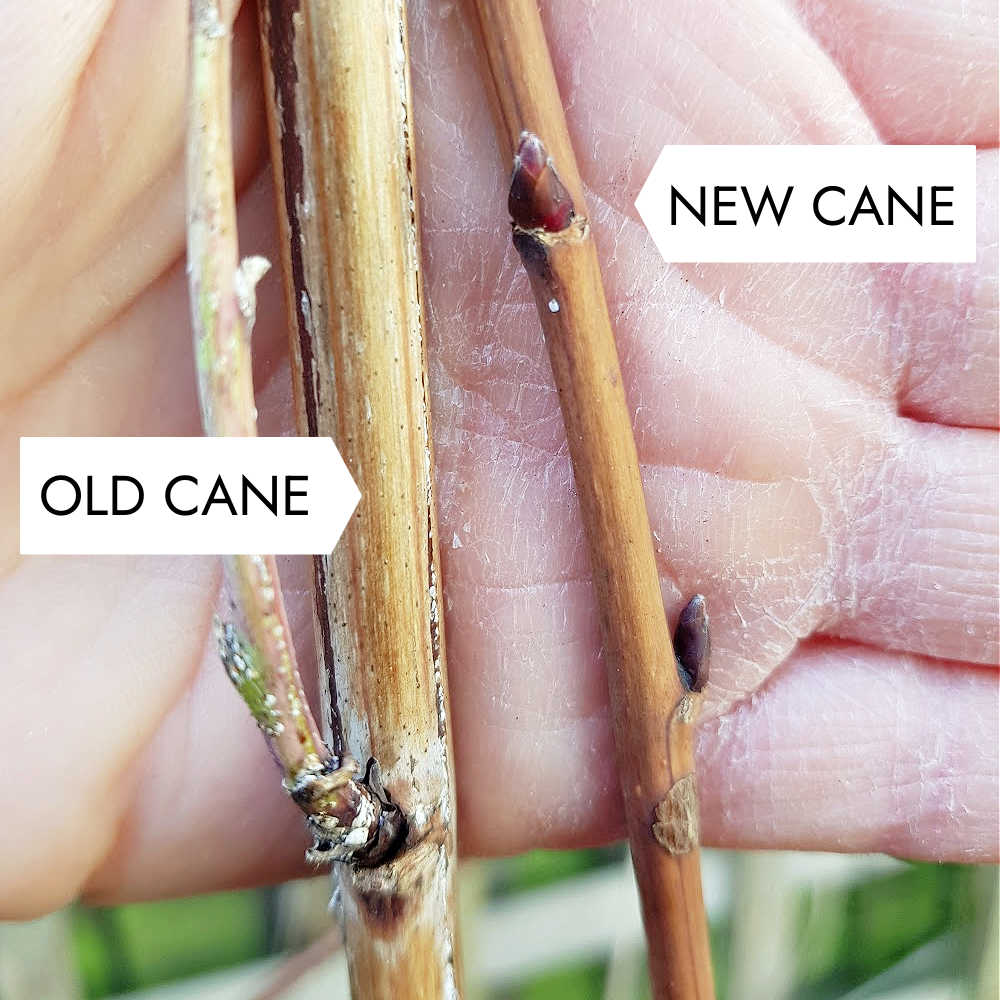
- The old cane on left is thick & dry
- New right cane smooth & supple
You can double raspberry crops with some clever pruning but I would ignore this initially as a beginner.
7. How To Store Raspberries
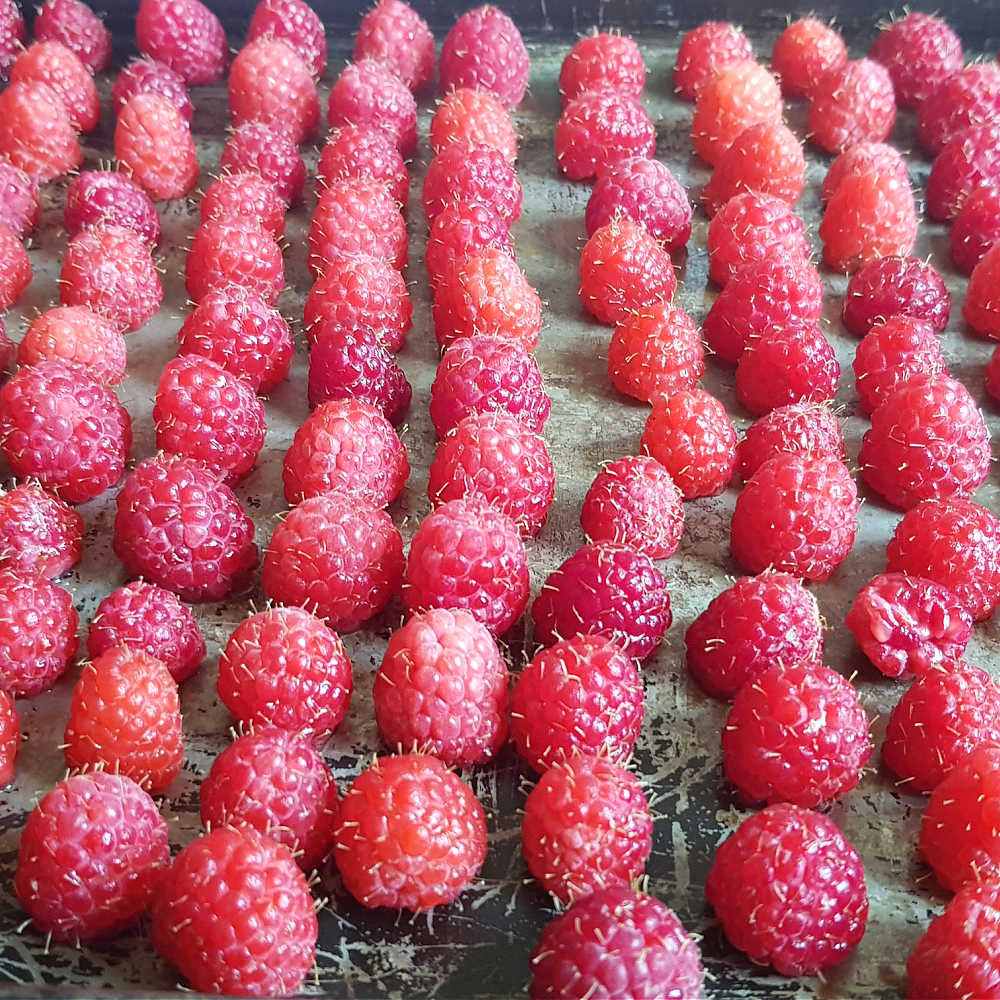
Raspberries don’t keep well so store in a single layer in the fridge and eat in 2 days or flash freeze them :
- Spread fruit out on baking tray.
- Put in freezer for at least 3 hours.
- Remove fast with small pallet knife.
- Pop in freezer bags or glass jars.
8. Common Raspberry Pests, Diseases & Problems
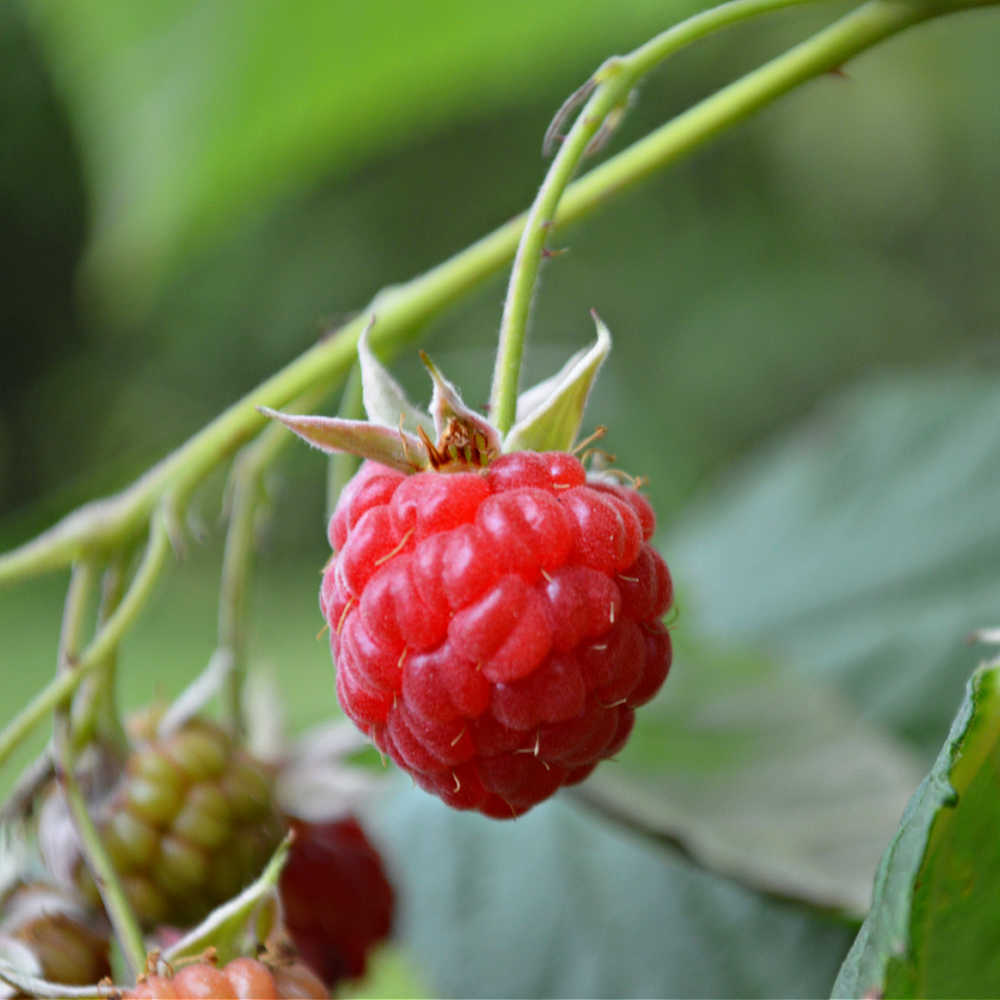
Small children and squirrels stealing snacks have been my biggest pests in 10 years growing raspberries!!
But raspberries can suffer pests and diseases so do use these healthy growing tips to help prevent them.
Simple Ways To Prevent Raspberry Pests & Diseases
- Plant with enough space for air to circulate well between canes.
- Stick to a single row if space tight.
- Don’t let raspberry roots get soggy.
- Use raised beds if drainage poor.
- Water lightly in the morning.
- Look out for bugs in spring and pick them off manually.
- Harvest berries as soon as ripe and remove mouldy fruit.
- Watch out for brown or yellow leaves which are a sign of poor air circulation and damp. Adjust watering and thin out weak canes.
- Grow with companion plants.
Common Raspberry Pests
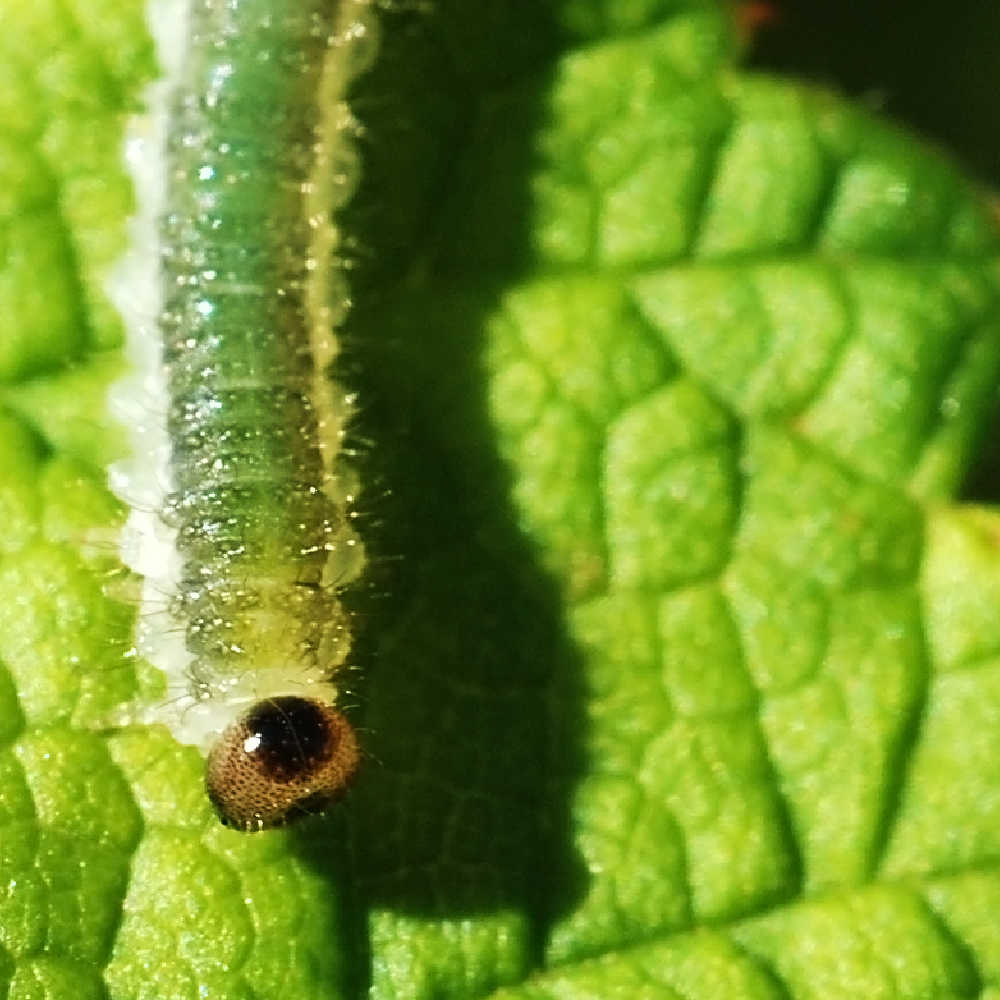
These are all common raspberry pests you may see on your canes :
- Raspberry Beetle / Worm
- Raspberry Sawfly
- Raspberry Aphids
- Raspberry Cane Borers
- Raspberry Leaf & Bud Mite
- Spotted Wing Drosophilia
- Picnic Beetles
Most can be easily spotted and picked off manually and with a few exceptions don’t do much damage.
Raspberry Beetle & Worm
Small ladybird-sized brown beetle lays white-brown Raspberry Worm larvae in fruit. Infected fruit get dry grey-brown patches. They over winter in soil emerging in spring. Read this guide on How To Control Raspberry Worms for more help.
Raspberry Sawfly
The caterpillars of raspberry sawfly eat whole leaf leaving only veins intact. Clusters are easy to spot and pick off for drowning in soapy water.
Raspberry Cane Borers
If raspberry cane tips are wilting or black, look out for striking thin beetles who lay eggs inside cane.
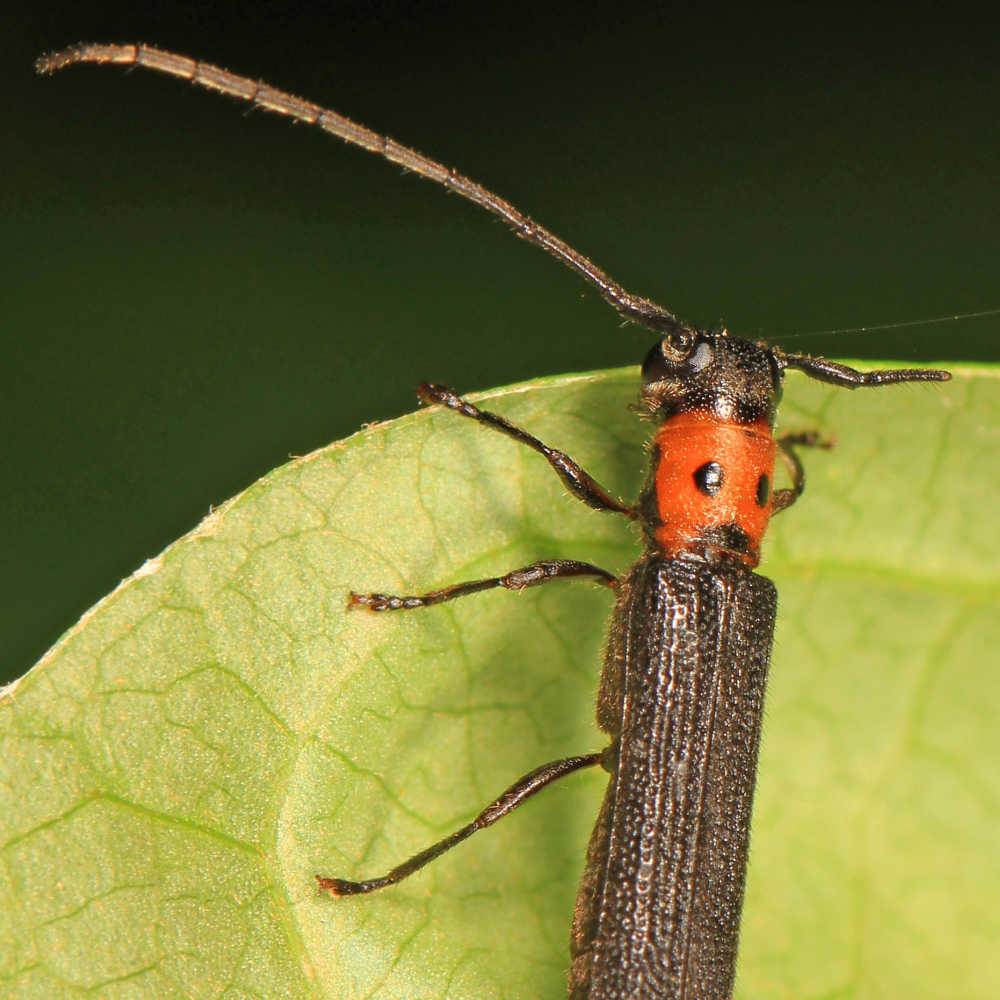
Raspberry Aphids
Raspberry aphids cause leaf curl cutting yield & spreading disease. Remove from under side of leaves with soapy water. Encourage ladybirds & lacewings as predators.
Raspberry Leaf & Bud Mite
This tiny sap sucking mite causes yellow patches in leaves but doesn’t damage overall cane or fruit.
Spotted Wing Drosophila
This fruit fly lays white larvae in raspberries. Control by harvesting fruit as soon as ripe and hanging DIY fly traps to catch adults.
Picnic Beetles
1cm long brown-black beetles with yellow-orange spots that eat berries. Don’t leave old rotten fruit on canes.
Raspberry Diseases
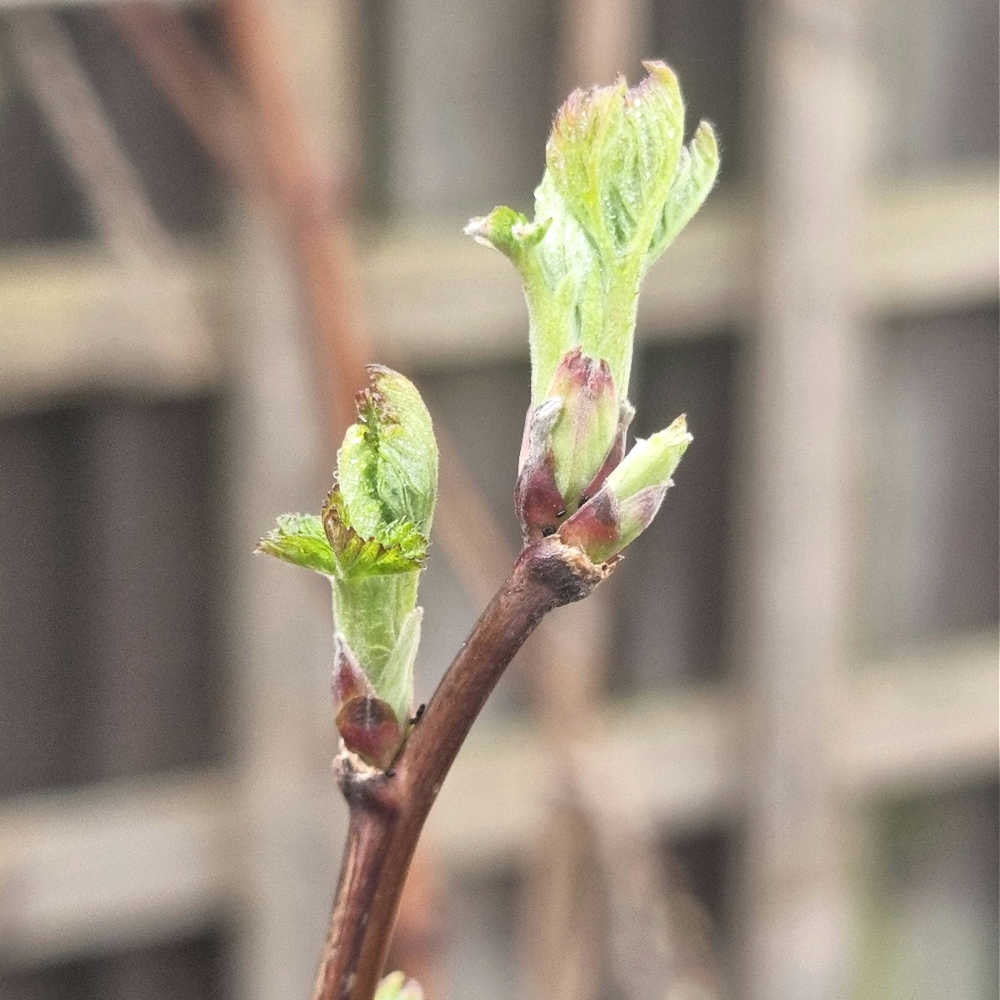
Raspberry canes in moist but not soggy ground with plenty of air circulation typically flourish but canes growing in poor conditions can suffer from these diseases :
- Raspberry Root Rot
- Raspberry Spur Blight
- Raspberry Cane Blight
- Raspberry Rust
Raspberry Root Rot
Wilting brown leaves, dying plants and rotting roots are signs of raspberry root rot from poor soil drainage. If growing in shelter of fence raise bed to prevent water logging. Don’t over water plants.
Raspberry Spur Blight
Purple, brown & then black markings beneath leaves & bud in lower parts of new green canes are signs of raspberry spur blight from poor air circulation. Thin out weaker canes to increase space and air flow.
Raspberry Cane Blight
Cracking second year canes and pinhead black fungi are signs of raspberry cane blight. Good air flow is best prevention. Destroy infected canes & change top soil.
Raspberry Rust
Yellow fungus on leaves is caused by raspberry rust which can reduce yields. Poor air flow is the typical cause. Thin weak canes for better circulation.
9. Best Companion Plants For Raspberries
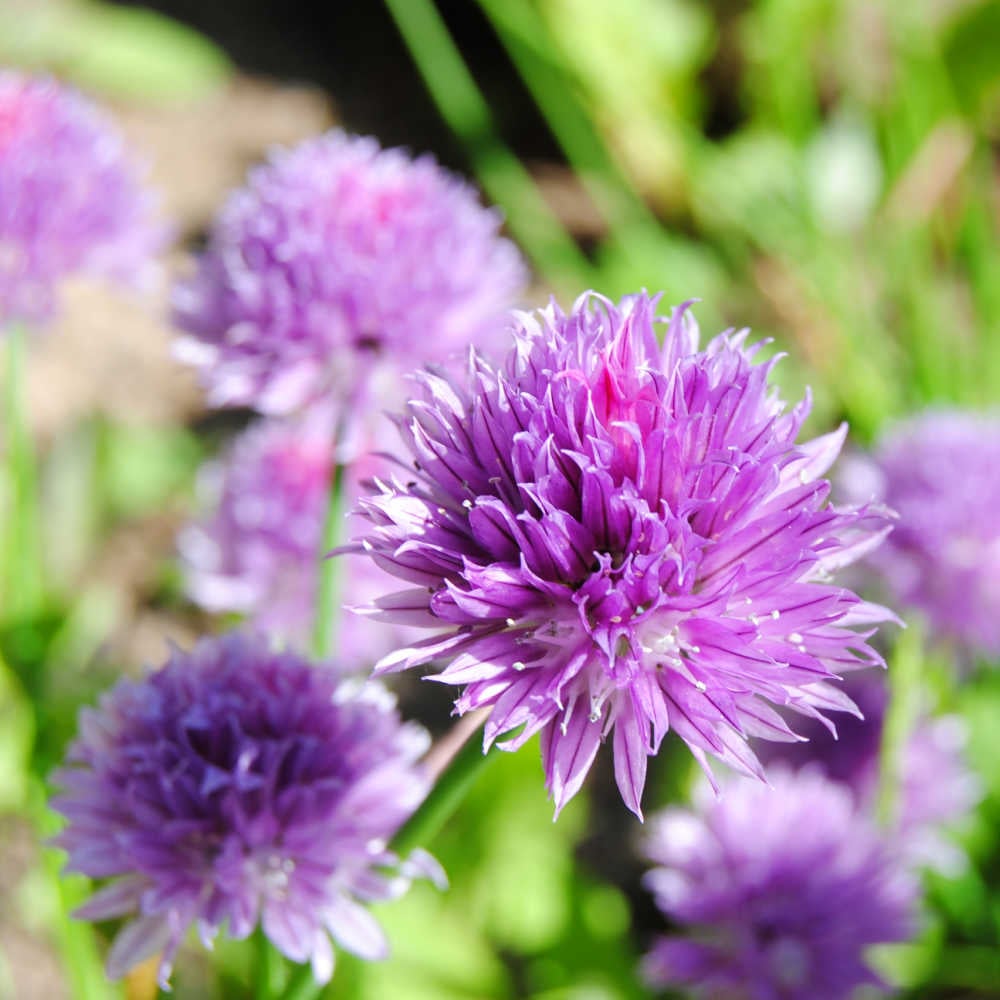
Raspberry companion plants help :
- Feed raspberry canes
- Keep away raspberry pests
- Prevent disease
- Provide ground cover
- Increase growing space.
But there are some plants best kept away from your raspberry canes.
So in this section I’ll explain the best vegetables and herbs to grow with raspberries in a small space and plants to avoid near raspberries.
Best Vegetables & Herbs To Grow With Raspberries
These vegetables & herbs are great companion plants for raspberries growing in a small space :
- Alliums
- Turnips
- Peas
- Chamomile
- Spinach
Alliums
Onions, leeks, garlic & chives repel pests and act as a natural fungicide. They are also all natural antibiotics. Growing chives as companion plants will help attract pollinating bees.
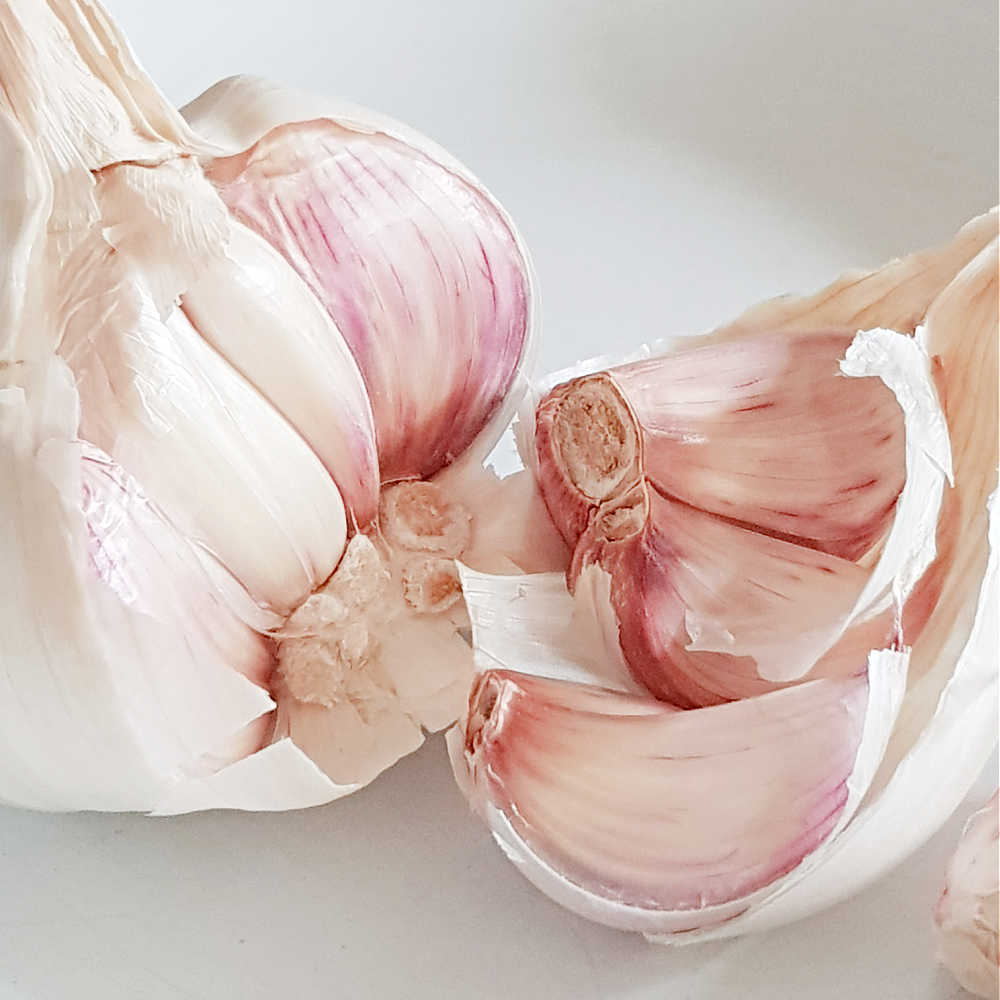
Turnips
Vitamin C rich turnips with their delicious leaves – who knew? – are a super food. They have anti-fungal properties and enrich soil for raspberries and will grow in shade.
Peas
Small bush peas can be grown in front of raspberries to help feed soil without stopping air circulation.
Chamomile
Pretty chamomile is another very useful companion plant for raspberries as it is a natural fungicide that attracts pollinators. It is also a great natural remedy for headaches and sore throats and is a natural antibiotic and antihistamine.
Spinach
I grow spinach as a companion plant in front of my raspberries right through summer as it makes good use of shady space in a small garden.
Other Good Companion Plants For Raspberries
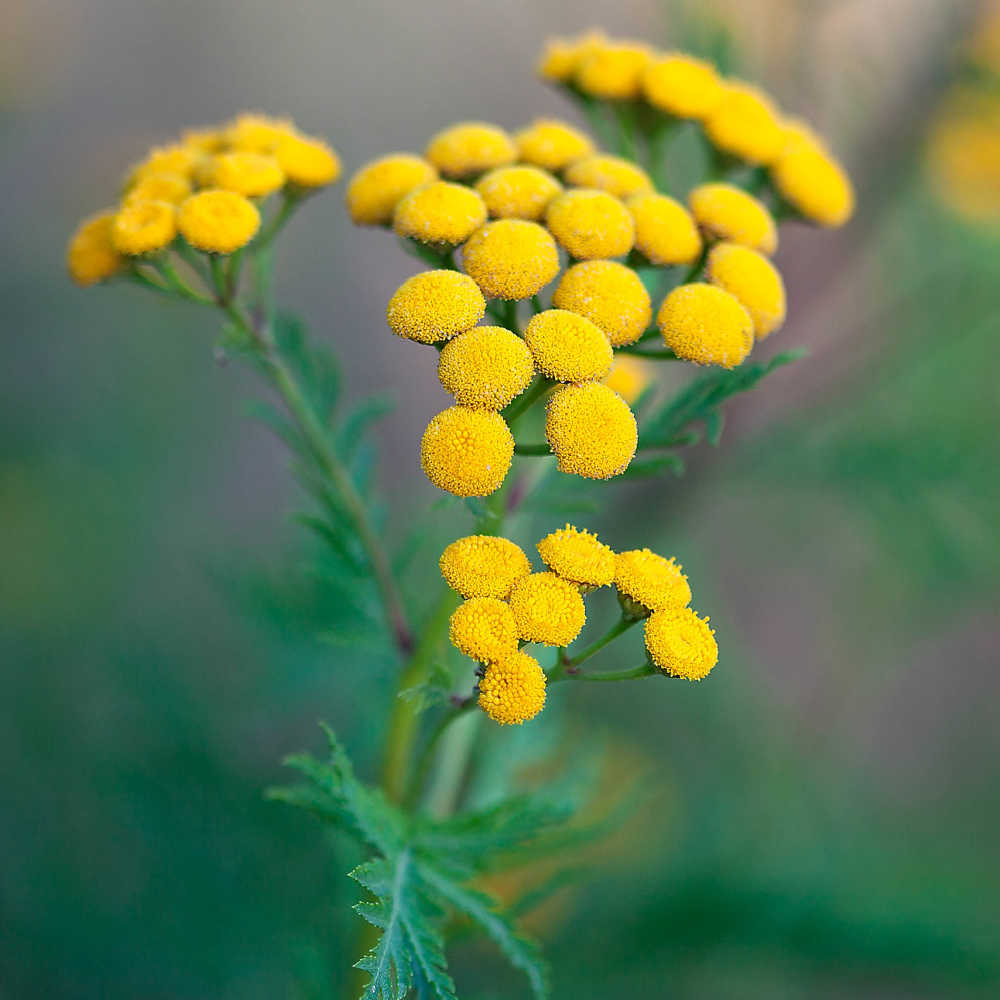
Other good companion plants for raspberries include traditional herbs and flowers such as :
- Tansy
- Yarrow
- Chervil
- Nasturtiums
They help repel bugs and can provide ground cover that help keep foxes and cats off garden beds.
Plants To Avoid Near Raspberries
Finally, you should avoid growing these plants near raspberries as they are vulnerable to verticillium wilt which can spread to raspberries :
- Tomatoes
- Aubergine
- Peppers
- Potatoes
Also be careful growing other fruit like blackberries and gooseberries close to raspberries as they too are vulnerable to fungal disease. Cramming them all in a small space risks fungal problems in your soil.
And there we go!!
Everything you need to know about growing raspberries in a small space. Do shout if you have questions.
For more grow you own tips follow me on Pinterest …
And check out these posts :
- Growing Carrots Fast
- Growing Collard Greens
- Growing Garden Peas
- Growing Oregano
- Growing Veg On A Budget
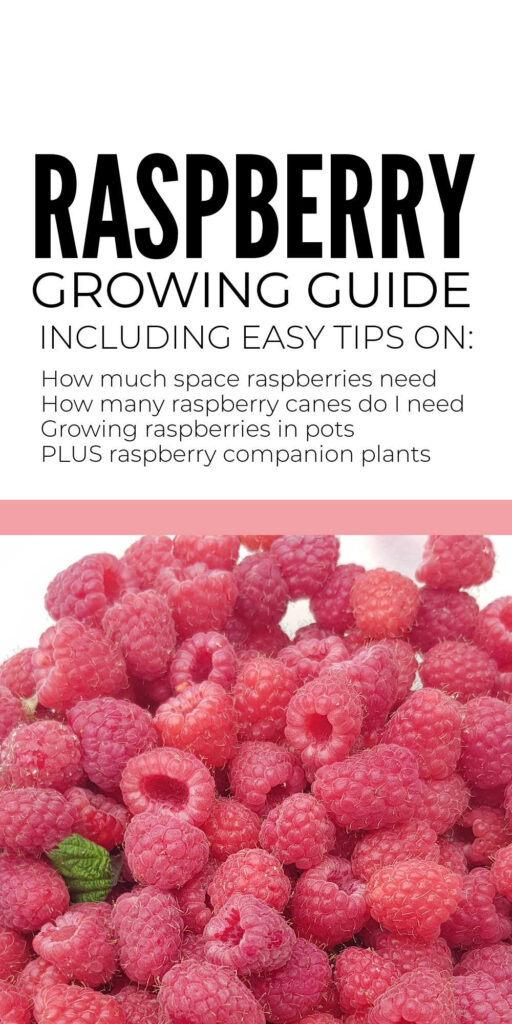 Creative commons images : Tansy, Rawpixel, Picking Raspberries, Raspberry Shoot, Raspberry Cutting. All other images belong to sloely.com.
Creative commons images : Tansy, Rawpixel, Picking Raspberries, Raspberry Shoot, Raspberry Cutting. All other images belong to sloely.com.









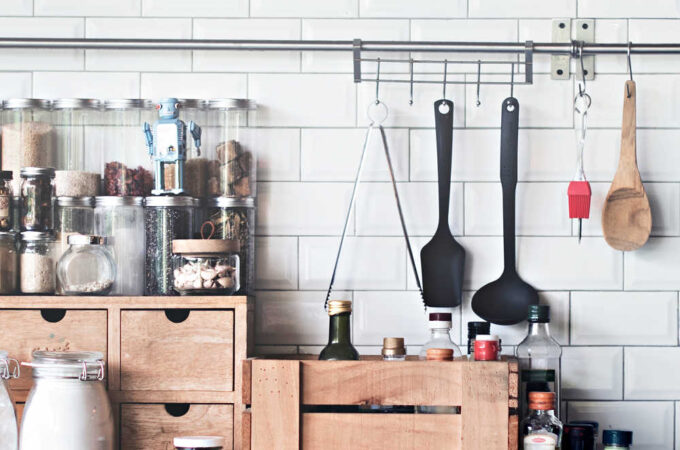
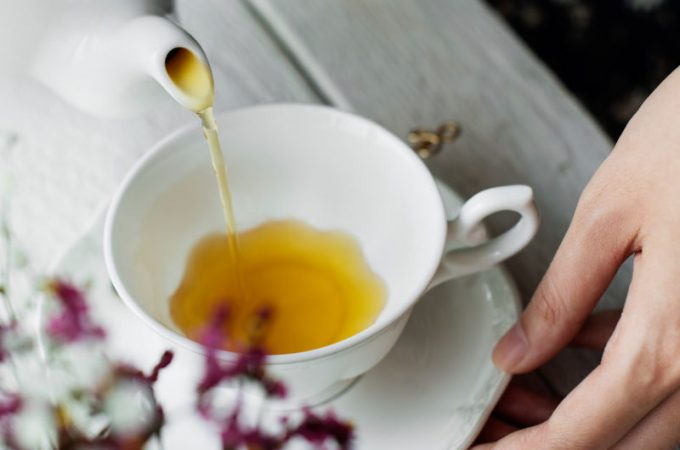
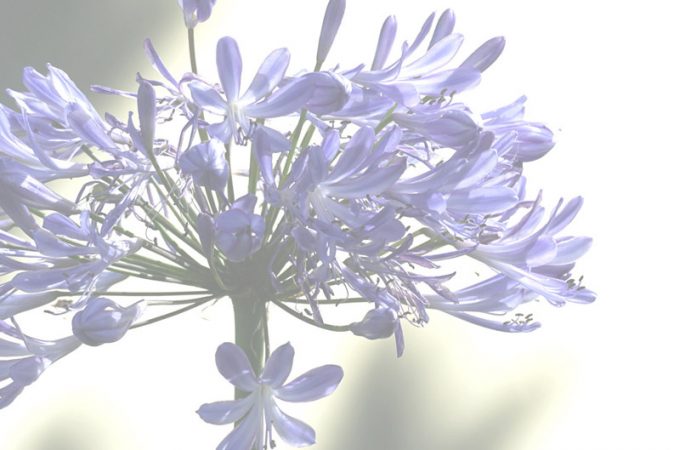
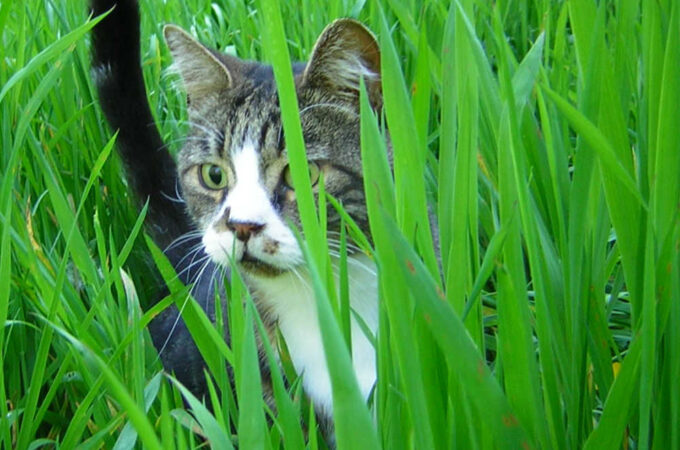
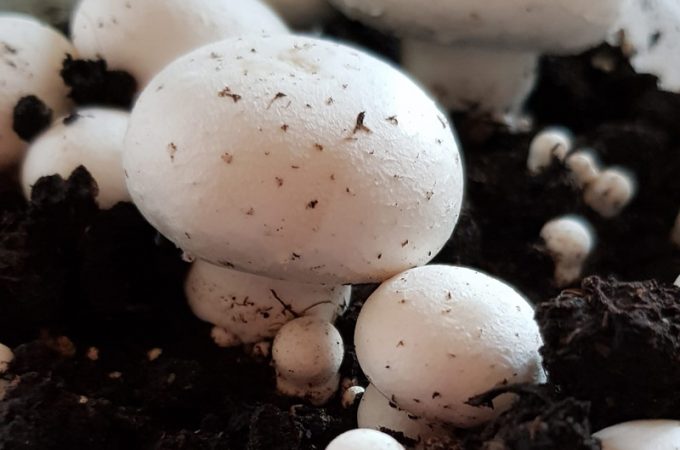
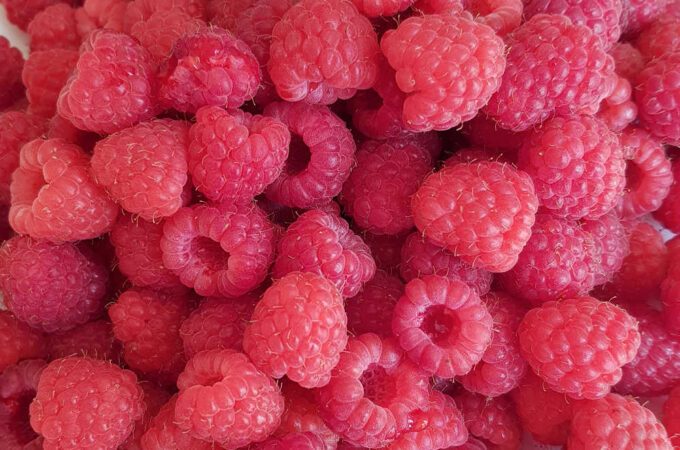
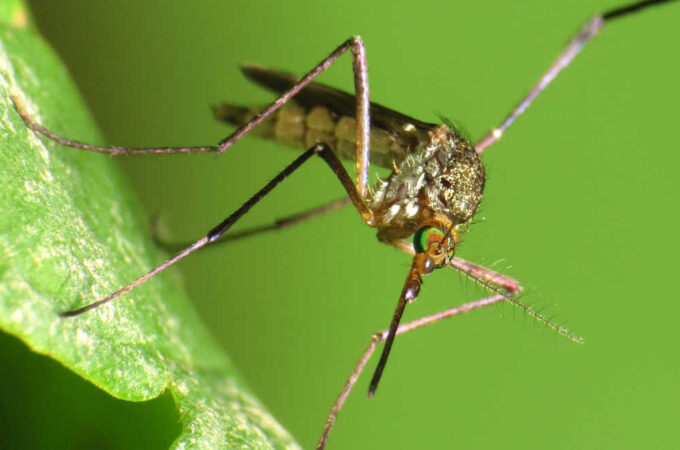
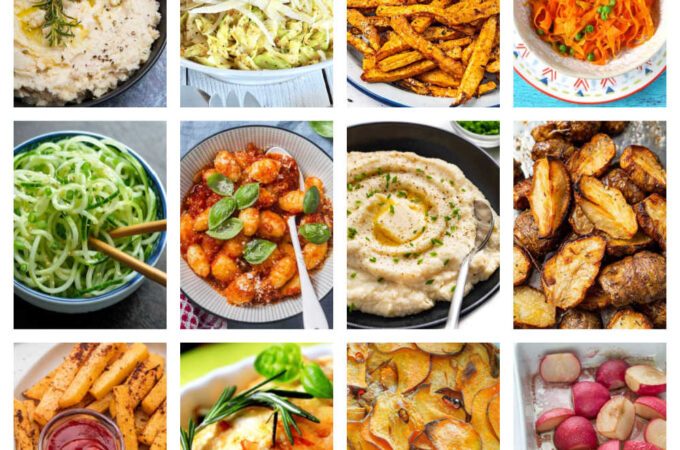
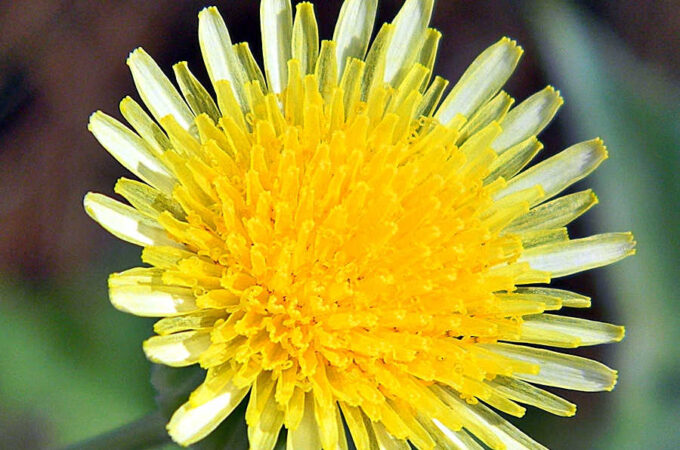

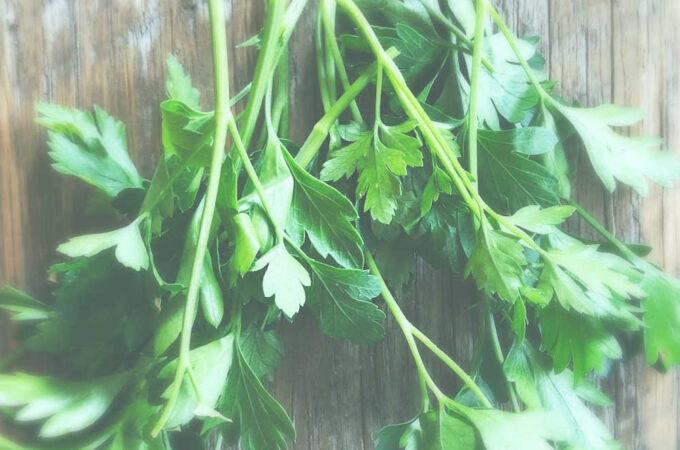
Leave a Reply